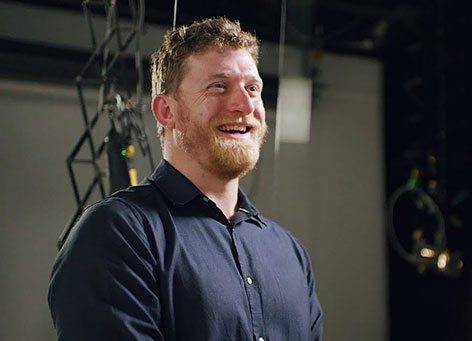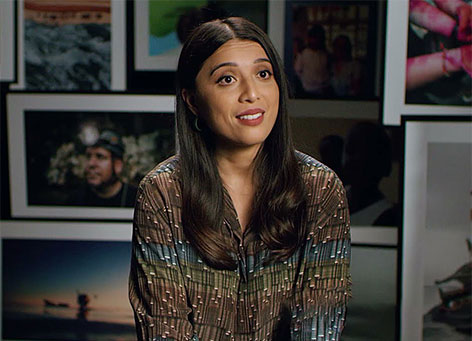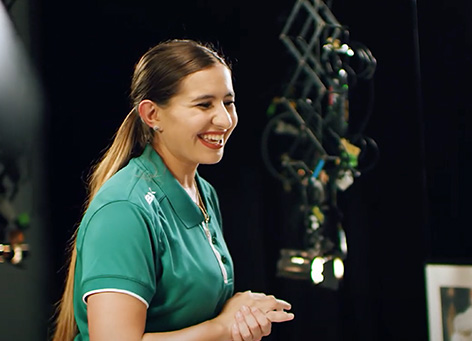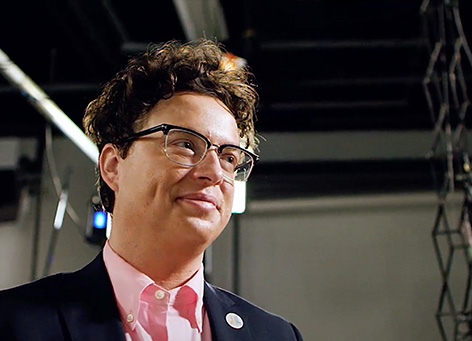-
- Future students
- 1800 677 728
- International
- +61 7 3735 6425
- Current students
- 1800 154 055
- General
- 07 3735 7111
Open - Mon–Fri | 9am – 5pm AEST
Currently Friday 10:09am Queensland, Australia
Why choose Griffith?
At Griffith, it’s about more than making it. It’s about making it matter.
Countdown to Uni
Join the webinar on Tuesday 30 April, 7-8pm
Parents and high school students in Year 11 and 12 will get expert advice on everything uni, including how to apply, pathways to Griffith, scholarships and more!






